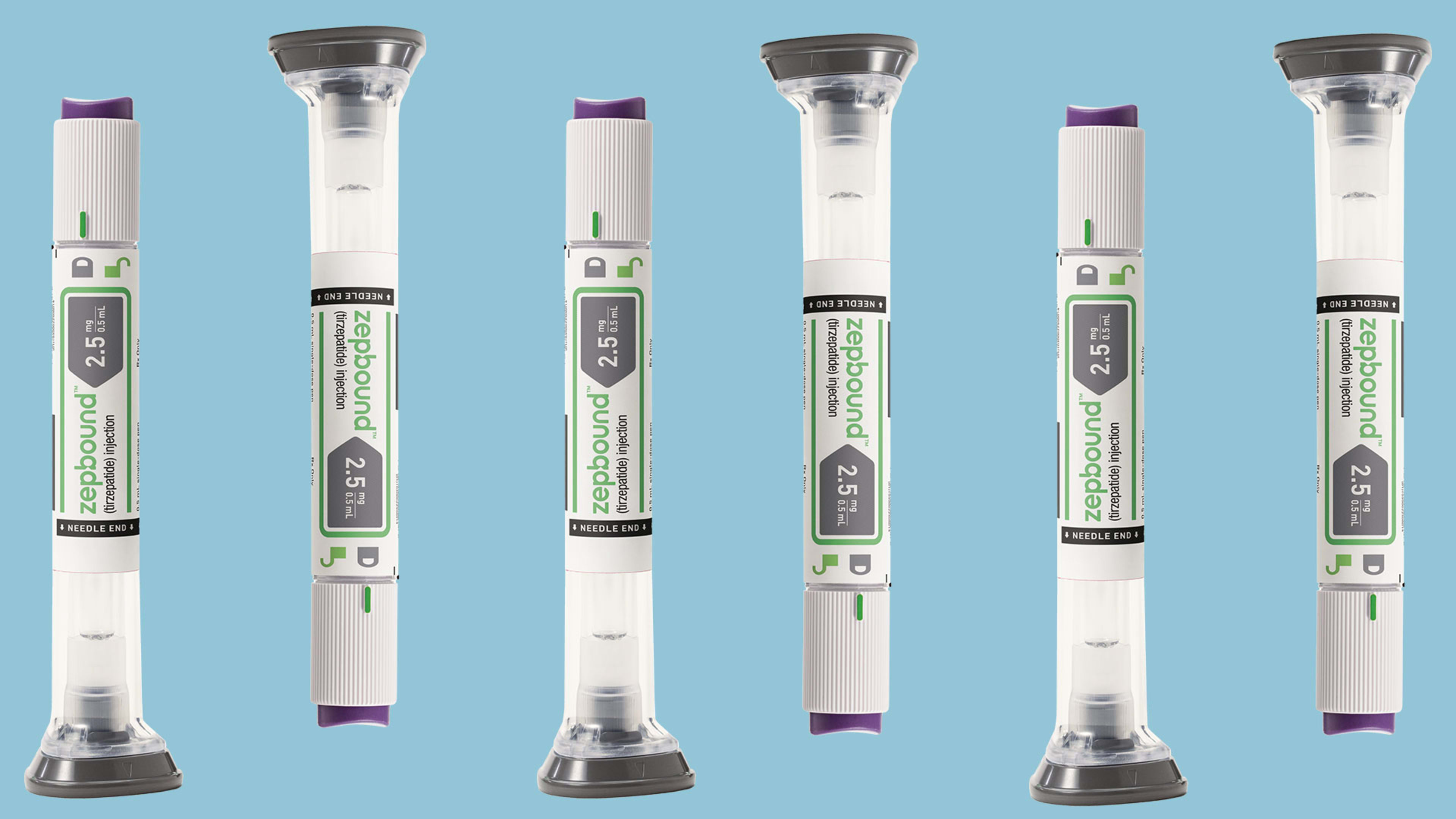The U.S. Food and Drug Administration (FDA) announced Wednesday that it has approved Zepbound, an injectable treatment manufactured by Eli Lilly for chronic weight management. The approval of Zepbound, which is similar to Ozempic, adds to the growing list of medications designed to help treat people with obesity, a condition that affects about two out of five Americans.
Zepbound contains an active ingredient called tirzepatide, which was previously approved for diabetes treatments under the name Mounjaro. Patients using tirzepatide have lost, on average, 18% of their body weight, according to clinical trials conducted by the FDA.
Dr. Christopher McGowan, founder and medical director of True You Weight Loss, tells Fast Company that “the weight loss achieved with this medication is truly groundbreaking” and is comparable to “outcomes previously only seen with bariatric surgery.”
Zepbound, which is administered by injection under the skin once weekly, has now been approved for use in treating people with obesity and those who are considered overweight and have at least one weight-related condition.
The approval comes at a time when demand for weight loss treatments has put a strain on the existing options. Ozempic and Wegovy, the two most popular brand names for the class of diabetes and obesity medication called GLP-1s, have experienced shortages as demand for the treatments continues to rise.
Experts believe the approval of Zepbound is a victory for patients who are looking for support in dealing with weight management.
“For my patients, the approval of Zepbound means more options in the fight against obesity, which is always a win,” McGowan says. “More options also means competition in the field, and that may lead to future decreases in cost, which is the primary barrier to obtaining a GLP-1 medication.”
Dr. Michael L. Glickman, founder of Revolution Medicine, expects more alternatives to existing weight management options to hit the market soon. “Virtually all large pharmaceutical companies are racing to develop their own line of anti-obesity therapies, which are in various stages of clinical trials,” he says.
He notes that insurance coverage will likely limit access to some of the newer medications receiving approval, as many patients do not have weight loss drug coverage and can’t access treatment at an affordable price. He also says that supply shortages may dictate which treatments a patient ultimately gets.
“I expect in our practice, patients will likely opt for whichever brand that they have the most reliable access to at their pharmacy,” he says.
Still, Glickman says he believes that competition among pharmaceutical companies will be a net positive. “The more options that are on the market, the better access patients will have,” he says. “It will also hopefully drive prices down.”
Recognize your brand’s excellence by applying to this year’s Brands That Matter Awards before the final deadline, June 7.
Sign up for Brands That Matter notifications here.
